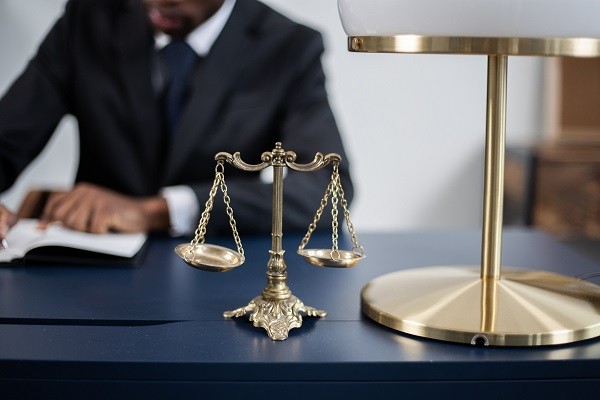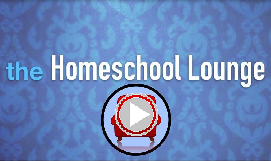Deciphering Government's Home Education Penalty Clause
Clause 2 of the BELA Bill proposes a number of changes to the penalty. The penalty for parents that fail to send their children to school was increased from 6 months imprisonment OR a fine, to 12 months OR a fine OR both imprisonment AND a fine. The same increased penalty was also given to persons that prevents learners from attending school. However, BELA Bill also introduces a new offense, namely to interrupt or disturb official education activities at school.
The Pestalozzi Trust objected repeatedly to an inappropriate penalty for mere administrative negligence. In a submission to the minister in January 2020, the Pestalozzi provided a legal opinion that stated "Failure to comply with the procedural requirements of section 51, for example, should not carry a potential custodial sentence of 12 months – this is unreasonable and could never be in the interests of the child. Yet that is what the Bill as currently worded provides;"
In a feedback presentation by the DBE to the PCBE on the 20th of October 2020, the DBE responded by making the statement : "The penalty clause is not specifically targeted at non-registration for home education. This clause is directed at non-attendance at a school. It has been inserted as a deterrent for those parents who fail to send or prevent a child from receiving education. The penalty clause was increased in the Bill to provide for 'not exceeding 12 months', as the existing penalty clause did not serve as a deterrent."
However, despite the objections and the admission that the objection is valid, no changes were made to Clause 2 and the BELA Bill submitted to parliament in 2022 contained the same penalty.
As part of its written submission to the BELA Bill in 2022, the Pestalozzi Trust provided a more expanded legal opinion as well as a criminological opinion on this inappropriate penalty clause. In the oral submissions to the PCBE in November 2022, a number of organisations also objected to the penalty clause, including Christian View, Equal Education, Section 27, Malihambe Seventh Day Adventist Church, LearnFree and Legal Resource Centre.
After the deliberations of the PCBE, stakeholders were given the opportunity to provide inputs for the A-List. Cape Home Educators made a proposal to change the penalty for failing to send a child to school to a R2000 fine, in line with the current Eastern Cape School Education Act. Christian View also made a similar proposal.
Despite all these well-reasoned objections, Clause 2 still contains the 1 year imprisonment penalty.
This raises the question why the inappropriate penalty clause is retained, while the DBE admits that the penalty clause is not appropriate.
A possible answer to this question can be found in the Socio Economic Impact Assessment (SEAI). Although the SEIA is compiled by the presidency, the input is provided by the DBE and can be viewed as the position of the DBE. According to the DBE "Home schooling parents and organisations are dissatisfied with the requirement that they must register their children for home education and the provision of assessment reports by competent assessors." and it is expected that this dissatisfaction will lead to disputes. The DBE proposes to resolve these disputes through "Mediation and/or institute legal action (litigation in a public court)."
The SEIA therefore seems to indicate that the DBE knows that home educators will resist the implementation of the BELA Bill, and it plans to use litigation to coerce compliance with the bill, against the will of home educators. Without a stiff penalty, litigation will be very difficult. Apart from the penalty itself, the mere fact BELA allows the state to criminally prosecute parents means that parent can only lose when prosecuted. Even if parents are found not guilty after being prosecuted by the state, there will be no cost order against the state, meaning that the parents will pay for for their own defense, even if they win.
If that is indeed a correct conclusion from the available facts, then it makes sense that the DBE wants to keep an inappropriate penalty to be used to intimidate parents.
Another possible answer relates to Clause 33, which increases the penalty of operating an unregistered independent school to one year. This seems to indicate that the offence of homeschooling your own children without registration, is viewed as similar to operating a school in which you educate other people's children without registration.

Comments
Events
Legal & Research
Centres
Homeschool ABC
Support
Curriculums
Impaq: Homeschool & Online ...
Impaq: The leading homeschooling curriculum provider in South ...
LEARNING TO READ EASY WITH THE ...
Parents and educators – these popular reading books are ...
Has no content to show!
































